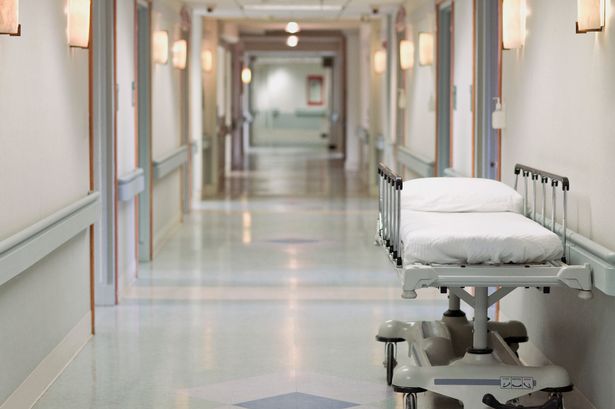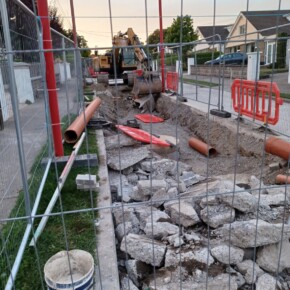Mindset shift needed to tackle trolley crisis, says INMO
Padraig Conlon 02 Oct 2023
Over 10,018 patients went without a bed in Irish hospitals in September according to the Irish Nurses and Midwives Organisation.
Over 202 of those patients without a bed last month were children.
So far in 2023, 2,523 children under the age of sixteen have been treated on a trolley or chair.
The top 5 most overcrowded hospitals include:
- University Hospital Limerick (2,174 patients)
- Cork University Hospital (1,024 patients)
- Sligo University Hospital (775 patients)
- St. James’ Hospital (532 patients)
- University Hospital Galway (516 patients)
INMO General Secretary Phil Ní Sheaghdha said:
“September has always been a reliable indicator of how the winter is going to look for healthcare staff, and the situation that our members are predicting based on these figures as was the case in August, indicates a huge red flag.
“The number of children on trolleys this September is also really alarming. Knowing what we do about how trolley waits negatively affect patient outcomes, and how rapidly children can decline when they are sick, the risks that children are being exposed to in our hospital are too high.
“At this point of crisis in any other industry, a risk assessment would be carried out and risk mitigation measures put in place, this is even more necessary in the delivery of human healthcare services.
“Following our engagements with the HSE at the most recent Emergency Department Taskforce meeting, we don’t believe that the HSE are willing at this point to put the necessary measures in place. There needs to be a serious mindset shift if we are to see improvements.
“When patient-facing clinicians like doctors and nurses are raising the alarm in August and September about the current inadequacies in care and the potential for the already high level of risk to worsen over the coming weeks as we enter winter then the response from the HSE and Government must be more focused on risk mitigation and curtailing services to meet the requirements of basic safety levels.
“Our members are very worried for themselves and the people in their care. Without real action the State is basically just asking staff and patients to lower their expectations for their health service.
“We need risk reduction measures to be introduced now – not when it is too late and an inevitable adverse incident occurs.
“The current situation is not sustainable, and the impact on vulnerable people, including children, is not something the government should be prepared to accept.”











